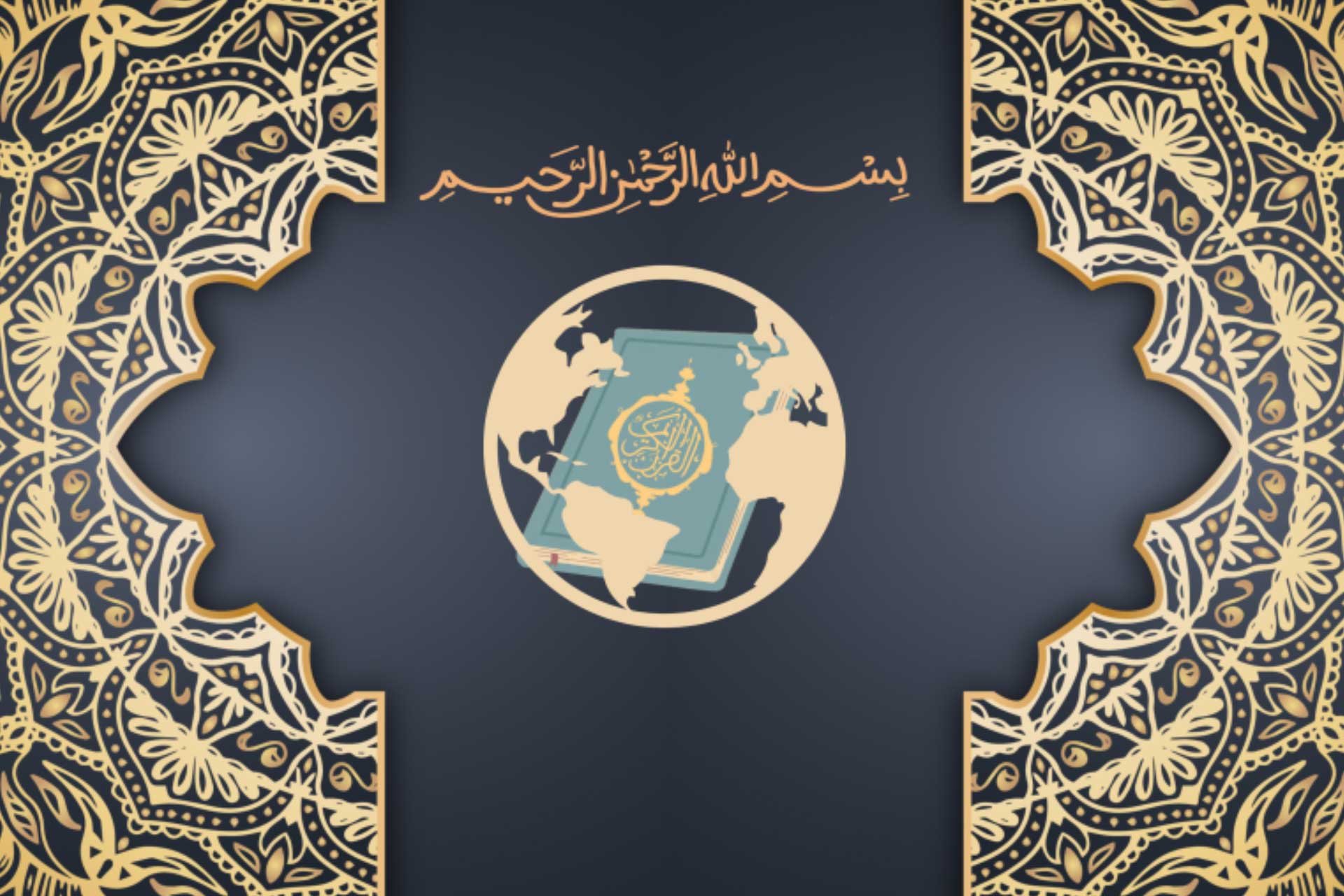Scandinavia in the NATO Stalemate: Sweden
Sweden is currently at the center of the Turkish media spotlight. The country’s entry into NATO, its relationship with the PKK and its interest in the Middle East are frequently on the agenda. But why does a country like Scandinavia, which is located in a peaceful, calm and prosperous geography, show so much interest in a geography full of chaos and the PKK? The answer to this question actually has its roots in the 1980s. When you think of the 1980s and Sweden, there is one name that comes to mind: Olof Palme.
Olof Palme served as Prime Minister of Sweden between 1969-1976 and 1982-1986, elected from the Swedish Social Democratic Party. Although he came from a wealthy family, he was one of the most important advocates and implementers of egalitarian and social policies. As the prime minister of Sweden, which was a neutral country in those years, he frequently criticized both the US and the USSR. These criticisms were not limited to the US and the USSR, but he also frequently spoke out against oppressive and imperialist movements, including the fascist Franco regime and the Apartheid regime.
This attitude made him as many enemies as it made him popular. But this did not deter him. He often traveled with little or no protection. On the evening of February 28, 1986, he was assassinated in the middle of the street. Although there were many suspicious individuals and organizations involved in this murder, the culprits were never officially found. In the last investigation in 2020, a person was identified as the perpetrator and the investigation was closed, but the fact that this person was not questioned because he committed suicide in 2000 and did not fit the witness descriptions still raises questions. What is more interesting is that at the beginning of the investigation, the PKK was thought to be the organizer of the assassination. This was supported by Palme’s declaration of the PKK as a terrorist organization in 1984 and his involvement in violent incidents, including the murder of two Kurdish immigrants who opposed him in 1984 and 1985 (Bondeson, 2005, p. 89). In addition, Sweden and Türkiye’s increased relations in the 1980s also caused the PKK to turn against the Palme government. The PKK’s order to kill an unnamed person in Sweden in wiretaps made the situation even deeper (Lillbacka, 2010, p. 136). Towards the end of the investigation, Chief Holmer was certain that the PKK was the perpetrator, but the perpetrator had still not been found (Bondeson, 2005, p. 92). As this situation dragged on, Chief Holmer was forced to resign and his replacement shifted the focus to other individuals and organizations (Lillbacka, 2010, p. 136). Although the terrorist Abdullah Öcalan confessed in 1999 that the instigator of the assassination was his ex-wife Kesire Öcalan, this confession was not taken into account and the assassination of Olof Palme remained one of the biggest secrets in Swedish history.
“I have no regrets because in this world you have to speak out loud for someone to listen to you.” Olof Palme, 1976
If we go back to the present day, it seems that Sweden still hasn’t learned its lesson. Sweden supports and even welcomes the PKK, which was once a suspect in the assassination of Olof Palme and has played an active role in domestic violence and drug trafficking. The PKK’s influence in Sweden has reached such a point that Amineh Kakabaveh, a former terrorist, was elected as a member of parliament in 2010, 2014 and 2018 and was named “Swedish Woman of the Year” in 2016. Kakabaveh also left the Left Party to become an independent MP and has a critical vote in parliament. In Sweden, where Magdalena Andersson was elected in 2021 by a margin of only 1 vote, she can use her vote to determine the government’s Middle East policies according to her will – that is, in favor of the PKK. Türkiye rightly vetoed Sweden’s entry into NATO, citing the PKK influence as an example. Although Türkiye lifted its veto for preliminary talks after the negotiations, the fact that Sweden has not taken any steps to end the PKK influence in its own country – very difficult when the PKK is so influential and strong in the parliament – prevents Sweden from entering NATO. While Finland’s entry into NATO seems more likely, I am of the opinion that Sweden’s entry into NATO will not happen for a long time.
Mert Kahve
Koç University International Relations and Economics Departments
Bondeson, Jan. (2005). Blood on the Snow: The Killing of Olof Palme. CORNELL
UNIVERSITY PRESS



Comments